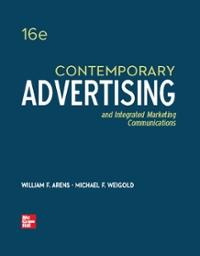
MACECHJ /101 economists such as Robert Lucas , Thomas Sargent , Neil Wallace and Robert Barro as well as real business cycle theorists such as Edward Prescott , Finn Kydland and Charles Plosser Although Keynesian economics was knocked off the academic pedestal it had commanded for most of the post war period , rumours of the death of Keynesian economics at the hands of the new classical theorists proved to be much exaggerated Starting in the 1970s , gaining momentum in the 1980s , and flourishing by the 1990s , what came to be labelled new Keynesian economics responded to the challenges posed by orthodox monetarism and new classical economics . New Keynesian economists such as Gregory Mankiw , Lawrence Summers , Olivier Blanchard , Stanley Fischer and Edmund Phelps responded to these challenges by modifying the neoclassical synthesis to include some of the key ideas of these schools of thought such as the natural rate of unemployment , rational expectations and microeconomic choice -theoretic explanations of price and wage rigidities . By the end of the 1990s a new neoclassical synthesis of Keynesian and classical ideas had emerged which has led to a rough consensus on some of the main macroeconomic issues of the present day . However , there are still a number of issues on which there is significant disagreement providing fertile ground for new research questions and projects in macroeconomics The prescribed reading here is from the prescribed textbook by Snowdon and Vane (2005 ) and an edited chapter from a third-year study guide for ECS305-H (Economic Policy in South Africa) titled "The evolution of thinking on macroeconomic theory and policy " (Mohr 2002 ). The latter has been included in the Reader as it gives a very basic but useful summary of the ideas of some of the main schools of thought Self -study questions 1) Describe in broad outline the evolution of thinking in macroeconomics since Keynes's General Theory published in 1936 2 ) Describe briefly the different phases of Keynesian economics and how they were influenced by external economic developments 3 ) Describe briefly the different phases of classical economics and how they were influenced by external economic developments








